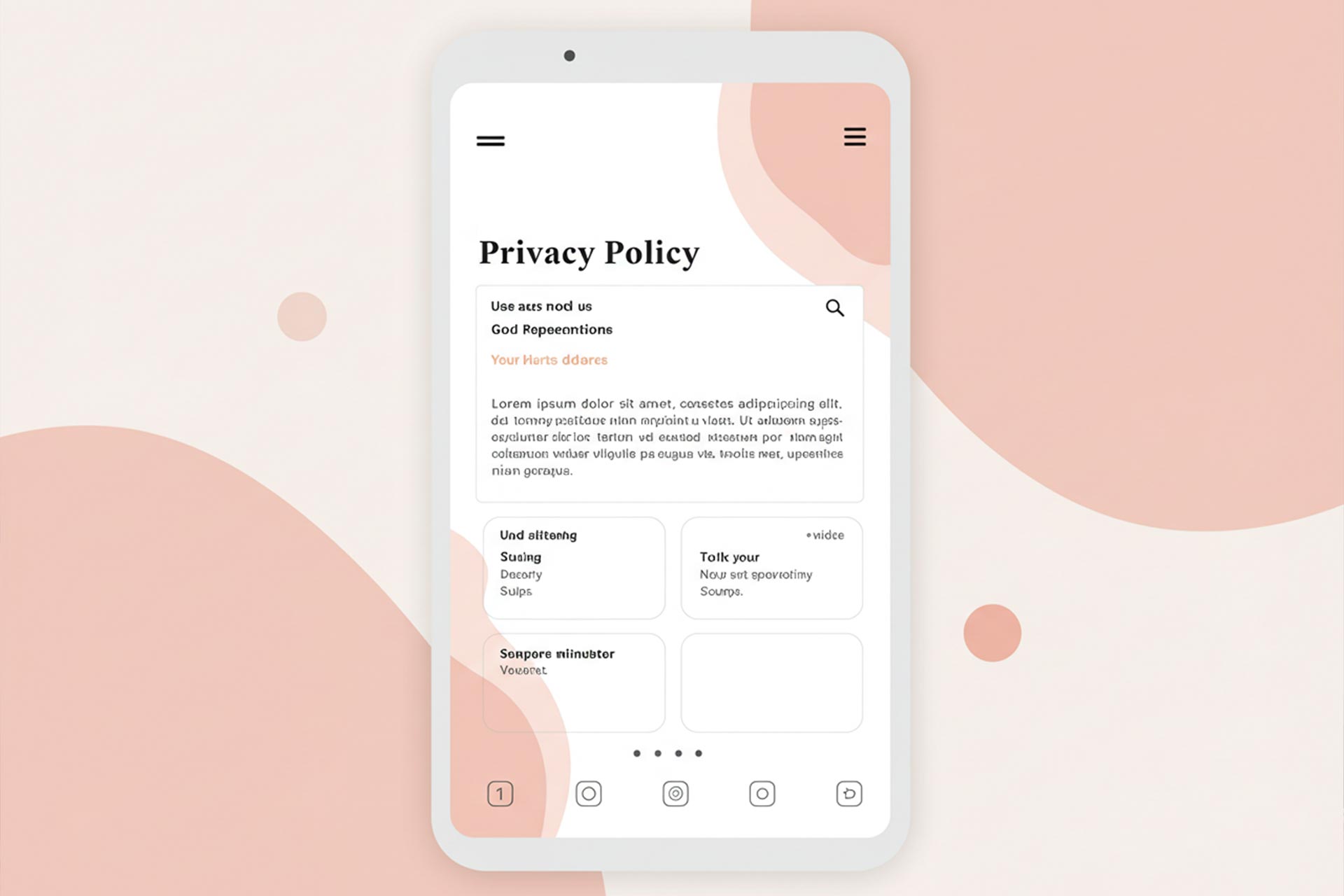
Ethical Design: How Brands Can Stay Responsible to Their Users
In today’s rapidly evolving digital world, ethical design is no longer a luxury—it’s a necessity. Brands that prioritize ethics in their design processes are more likely to earn long-term trust, build a loyal user base, and stand out in a saturated marketplace.
At Loop Media, we believe that great design doesn’t just solve problems—it honors values. Here’s our comprehensive guide to integrating ethical principles into every touchpoint of your digital product.
What Is Ethical Design?
Ethical design is the practice of creating digital experiences that prioritize the user’s well-being, rights, and autonomy. It goes beyond aesthetics and usability to address how products affect people emotionally, mentally, and socially.
How to Maintain Brand Responsibility Through Ethical Design
1. Transparency and Clear Disclosure
Today’s users demand honesty. Ethical brands:
- Clearly explain what data is collected and why.
- Provide privacy policies that are readable, not just legally compliant.
- Acknowledge any algorithmic bias or manipulative design patterns and work to eliminate them.
- If your business model involves ads or behavioral nudges, be upfront and offer ethical alternatives.
Example: Include a visible explanation link near personalized recommendations: “Why am I seeing this?”
2. Respect for Privacy and Data Control
Privacy isn’t just a legal issue—it’s an ethical one.
- Only collect what’s necessary. Avoid gathering excessive or sensitive data.
- Give users control: allow them to access, edit, or delete their data easily.
- Invest in strong security infrastructure to prevent data breaches or misuse.
3. Inclusive and Accessible Design
Design should serve everyone:
- Ensure your product is usable by people with disabilities, including support for screen readers and keyboard navigation.
- Avoid stereotypes in imagery and language.
- Support multiple languages and local cultures if you serve a global audience.
4. Promote Well-being and Avoid Dark Patterns
Dark patterns—design tricks that deceive users—are unethical and damage trust.
- Avoid confusing interfaces or emotional pressure tactics.
- Make it easy to unsubscribe or opt-out.
- Offer time-tracking tools or limits to support responsible usage.
5. Accountability Within the Organization
At Loop Media, we integrate ethical principles into team culture:
- Develop internal ethical guidelines for design and product teams.
- Train teams on responsible UX practices and current regulations.
- Offer users clear channels to give feedback or raise ethical concerns.
If your brand makes a mistake, own it—apologize, correct it, and learn from it.
6. Think Long-Term: Social and Environmental Impact
Ethical design considers the ripple effect of your product:
- How much energy does your product consume? Is it sustainable?
- Can your app or platform support social good—such as education, mental health, or accessibility?
- How can your design help users live better lives, not just longer sessions?
Conclusion: Ethical Design Builds Trust, Not Just Interfaces
Brands that invest in ethical design create more than just functional products—they create meaningful relationships with their users.
At Loop Media, we help businesses build digital experiences that are user-first, transparent, and future-ready.
Ready to design with integrity? [Contact Loop Media] today and let’s build something users will believe in.
What is ethical design and why is it important?
Ethical design is the practice of putting user welfare at the center of digital product development. It builds trust, reduces legal risk, and helps brands create sustainable, people-first experiences.
How can companies implement ethical design principles?
By following transparent practices, respecting privacy, promoting inclusivity, avoiding manipulative design, and establishing internal ethical standards.
Does ethical design affect profitability?
Yes—positively. Brands that earn user trust and loyalty through ethical design often see higher engagement, lower churn, and stronger brand reputation.
 العربية
العربية


